Silopi in Ruins
Alp Kayserilioğlu for Lower Class Magazine
26 January 2016 (deutsche Originalversion ist hier einzusehen)
It took three days for us to reach Silopi, a majority-Kurdish city in southeastern Turkey (North Kurdistan, or Bakur). Silopi is one of the cities upon which the Turkish state has imposed curfews as part of its current war against the Kurdish Movement. The word “curfew” is, of course, euphemistic. The word “siege” describes more aptly what is actually happening in these cities: neighborhoods and in some cases entire towns have been under siege and occupation by police, gendarmes, the army, and special operations units—conditions under which no one can go outside; civilians have no access to water, electricity, or food; and the state fires indiscriminately upon residential areas with heavy artillery.
The Neverending Road to Silopi
In Silopi, a complete curfew was imposed on 14 December 2015, only being slightly relaxed (to nights-only) on 19 January 2016. There is no more fighting; Kurdish forces have pulled back. Several people who we talked to think that Kurdish forces may have been successfully infiltrated by the Turkish state, which might explain why defensive mines laid in strategically important places never went off, and neighborhood after neighborhood fell quickly.

Although there is no more fighting and the curfew has been partially lifted, police and the military are nonetheless present everywhere and make the work of independent journalism massively difficult. We were told of arbitrary arrests as well as much harassment of the press. We were also ourselves stopped by a police unit in an armored akrep [personnel carrier] and asked to present our permissions from the provincial governor—which of course we did not have: what governor would issue such permissions? And why, if you please, should we concern ourselves with them? We can demonstrate easily enough that we are journalists working for specific agencies and newspapers. But international press credentials don’t amount to much anywhere in the region.
Still, we were lucky enough this time not to be arrested again, just warned that it could happen the next time. So the next time we saw a military patrol, we hustled innocently down a side street to save ourselves the trouble.
There had already been enough trouble on this trip—most recently on the way into Silopi. I mentioned that it took three days to get there. The reason for that was that almost all roads to Silopi lead through Cizre. Cizre and the old town quarter of Sur in Diyarbakir are the two strategic points upon which the outcome of the current war will be decided. In these places, Kurdish resistance is best organized and most professional, and the army is throwing everything it has at them. Just not the air force (yet).
CIA? FBI? Or maybe the BND?
Because Cizre is so crucial, the city is thoroughly cordoned off; all the roads are closed. On the first day the curfew in Silopi was partially lifted, nobody wanted to drive us there, not for all the money in the world. On the second day we were able to convince a taxi driver. When we tried to drive with him from Idil to Silopi, however, we got tied up in infinite traffic at a checkpoint a few kilometers outside of Cizre. Tanks were positioned atop the hills around us, and heavy cover fire dominated earth and sky. We had to turn around, and tried a detour through Dargecit.
But there was no further transportation available in Dargecit. As we were figuring out what to do next, a passing police patrol kindly invited us to coffee hour at the station. Every last item we were carrying got lengthily examined. It really got absurd when they got to my shoe cream: “What is this? What is it good for?” Our photographer’s camera, USB sticks and hard drive were of course also searched, with police officers crowding around the computer staring spellbound at the pictures of barricades: “Man, they’re built really solid. Only a tank could take one of those out.”

And since this was all so much fun, they invited over a superior officer from the anti-terror unit, who was a pretty nasty sort and tried for half an hour to find out through cross examination which foreign spy agency we were working for. It was impossible to explain to him that we are independent freelance journalists—he regarded this as extremely unlikely. What he found least credible was that I earn basically no money for my work. “Look, I’m a police officer. Why does one become a police officer? First, out of love for the Fatherland, and second, for the money. And to be honest, the second reason is the main one.”
A second policeman jumped in eagerly: “All due respect to love for the Fatherland—but you can’t pay debts with it.”
This left me somewhat speechless. Here an unbelievably brutal war has been unleashed by the Turkish state, in the name of National Unity and against the “Terrorism of Division,” and I have to hear during interrogation by an anti-terror specialist that “to be honest,” money is more important to him.
Of course, the anti-terror specialist didn’t find anything out, because, of course, we don’t work for any spy agency. So they took my notebook once again, and had it translated by a German teacher and checked for criminal content. After five or six hours of detention, they declared they didn’t find anything that looked criminal, just journalist stuff. Ach!
On the third day, we finally made it: we took a long detour through Batman, Siirt, and Şirnak. From Şirnak the minibus drove us over hill and dale in order not to get tangled up in the main checkpoints around Cizre, and only had to contend with secondary military checkpoints. They had far less interest in controls and coffee hours than the police, and often simply waved us through. And then we were in Silopi.
Silopi Destroyed
The destruction wrought by the war is enormous. Eight of Silopi’s eleven districts saw heavy fighting. As the state used heavy artillery and the city’s defenders used mines, the entire water canalization system was destroyed, the central water main burst. Electricity is still out in wide swaths of the city, because most of the power lines and masts were also destroyed, many of them on purpose.
According to the co-mayor of the city government, Seyfettin Aydemir, the city had managed so far to reach two of the eight most heavily contested districts with utility- and firetrucks, nowhere near enough. The other co-mayor, Emine Esmer, told us that the city had founded a commission, now setting about its work, to calculate the exact extent of the damage. She also mentioned that technicians from Ankara had been sent to Silopi to gather information on the damage to the water distribution system, but that they had also had no idea what would happen next. There’s no way the city government is in a position to administer clean-up efforts and begin rebuilding the city. The extent of the destruction is simply too great.

City Hall itself is totally wasted. In the early days of the curfew, the building was occupied by state security forces and turned into a headquarters as well as a snipers’ nest. The city government and its employees were only able to move back into their space as of 19 January. There, they were greeted with more chaos and destruction. Doors were ripped out, files were scattered everywhere, windows were broken, and personal valuables like money and gold had been stolen. Watches, medallions, and posters related to Kurdish culture or Kurdish resistance were specifically targeted for destruction. As a finishing touch, the security forces had left notes behind everywhere, containing the most awful insults. One choice example: “I’ll stuff you back where you crept out from, right up your mother’s cunt, you Armenian son of a whore.” Maybe this is what these people understand as the “Love of the Fatherland” that the anti-terror specialist in Dargecit was talking about.
The districts that saw the heaviest fighting are Zap, Basak, and Barbaros. We arrived in the city rather late on the first day, so we were only able to look around the district of Cudi before it started getting dark and the curfew came back in force. When we told the two co-mayors afterward how shocked we were at the destruction in Cudi, they laughed bitterly: “Cudi? That’s nothing compared to Zap, Basak, and Barbaros.”
Ruinscapes
They were right. In Basak, Barbaros, and Zap there are no buildings untouched by fighting. In Zap, nearly every building shows signs of grenade- and rocketfire; some buildings have collapsed completely; often the external walls of entire floors have been shot out. Empty bullet casings and spent shells lie around everywhere; there are still many unexploded mines and other munitions around as well. As we were looking around the district, there was a loud bang nearby, and we all flinched massively. Our tour guides just shrugged: “Would’ve been a mine, probably. Or a tank shell.”

In the middle of this ruinscape, we met Idris, a graduate in sociology. Among the debris and spent grenades, we had a conversation about Karl Marx. We went to take a look at his family’s home, one of the few two-story houses in the district. It was completely shot to hell and uninhabitable. He tells us, nonetheless, how lucky he is. The day before, his neighbor had called him over to solemnize his own destroyed house with him. They had barely opened the door when a booby trap went off. They were lucky: nothing happened to them. I do get a little queasy at all these stories about mines, grenades, and booby traps exploding.
The district’s residents we encounter always have a very clear attitude toward the Turkish state: it is to blame for all the destruction.
A homeowner pointed at the impact holes from heavy artillery and the empty bullet and shell casings strewn everywhere in his living room, asking: “Does the PKK have such weapons? It’s obvious that this was the state!” An old woman whose home was also shot to smithereens wasn’t so sure about us, and said rather carefully, “We don’t know who caused this destruction.” Another woman from the district cut in, incensed: “What do you mean we don’t know who it was? How would the PKK ever be able to cause such destruction? With what weapons? And for what reason?”
Some apartments were used as quarters by security forces during their operations, and were thereafter burned down. We were able to visit the home of a family to whom this had happened. Several of the rooms were charred completely black; it still smelled strong and acrid. The mattresses that the security forces had used to sleep on, they also burned upon leaving the apartment. No one will ever be able to live here again.
Often the residents of this district tell us that they saved for over twenty years to build their house. Most of these houses are no longer inhabitable and the damage is too enormous ever to be repaired. What will happen to these people is not clear.
District residents report having had to flee because the security forces threatened to deploy chemical weapons. They mention security forces having played the mehter marşı (the battle hymn of the Janissaries of the Ottoman Empire) over loudspeakers during attacks, and having loudly shouted allahu akbar whenever an explosion knocked over a building. Apparently they were frequently heard speaking Arabic with one another. Residents also report soldiers celebrating victories during the night and firing into the air.
We asked an old man why all this had happened. “Because we are Kurds,” he replied. “God gave us our language; it is the state that forbids it.”
Translated by Antidote
All images: Sinan Targay / Lower Class Magazine

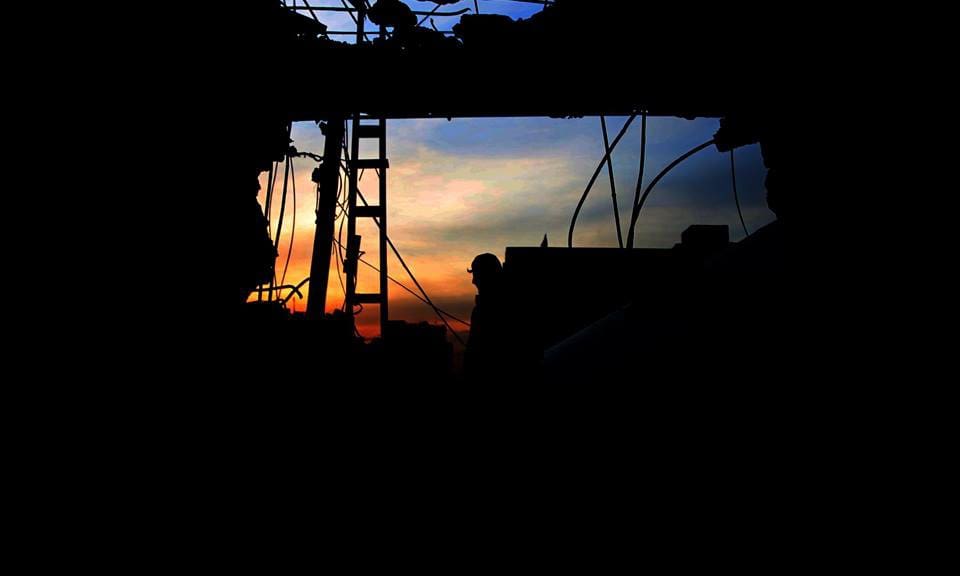
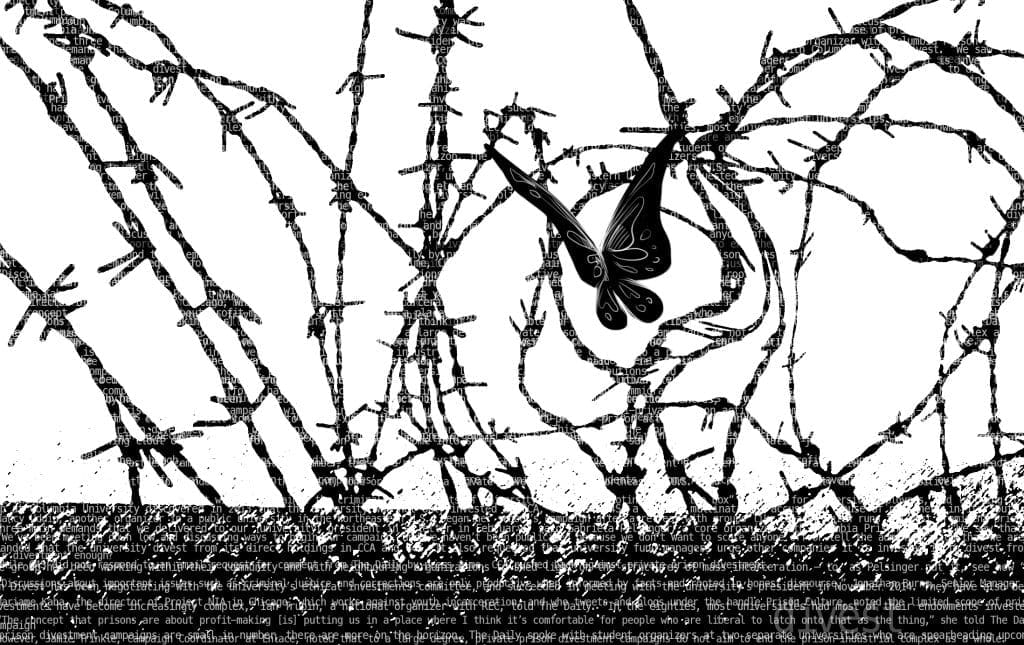
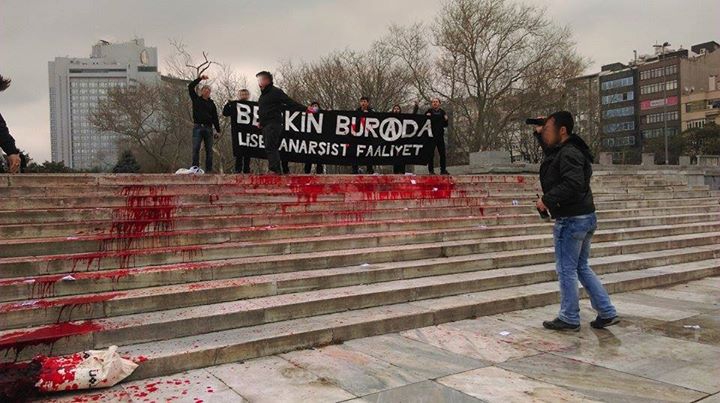
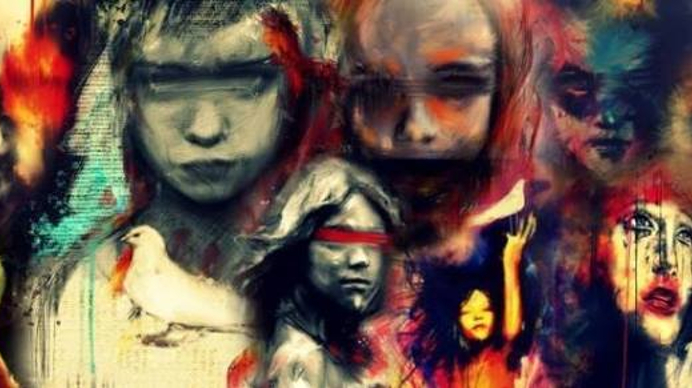
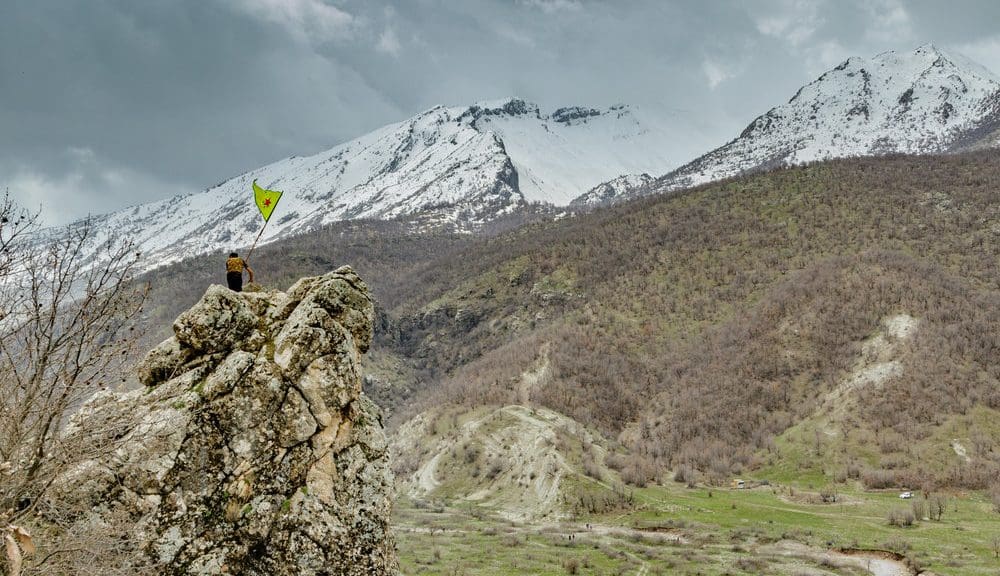
Pingback: An Appeal to Practical Solidarity | aNtiDoTe Zine
Pingback: Life Is Beautiful | aNtiDoTe Zine